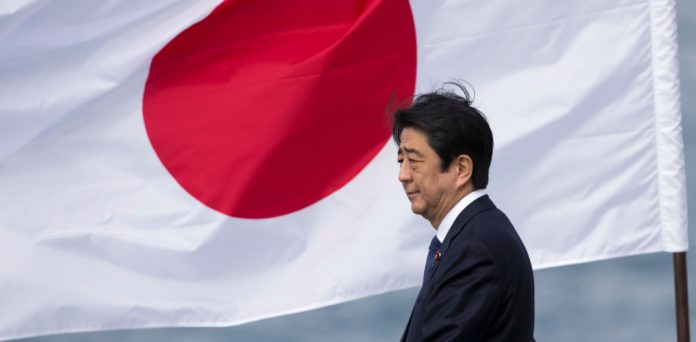- The brutal assassination of former Japanese Prime Minister Shinzo Abe is not only untimely but also robs the global community of a true leader who carried aura, heft, and traction to alter the geopolitical as well as geostrategic scenarios through his formidable presence. As it is there are hardly very few statesmen of international repute left to influence global decision-making with wide acceptance. Thus, Abe’s assassination during an election campaign stop recently robs Japan and the world of a consequential statesman. No wonder, Abe was deservedly Japan’s globally best-known leader in a long time, and not just because he was his country’s longest-serving PM.

PC: Motoko Rich, Daisuke Wakabayashi, Hikari Hida and Hisako Ueno
- Remember, it was during his second PM stint (2012-20) that Abe tried to free Japan from its conservative cocoon with a foreign policy reorientation and an economic reforms program, dubbed Abenomics. As the world attempts to come out of this gruesome shock, let us delve further to understand how Abe’s geopolitical policies allowed the global environment to alter critical viewpoints. Look not far than the way he went about addressing the door next door behemoth and increasingly aggressive China hell-bent on forcefully asserting hegemony. To his credit, Abe had quickly grasped the implications of the rise of an ambitious China and was the original visualizer of the free and open Indo-Pacific construct.
- No wonder, he was a key driving force behind the timely resurrection of the Quad, realizing that Japan had to play an important security role in Asia to counterbalance expansionist China alongside the US, Australia, and India. Although revision of Japan’s pacifist Constitution remained on his unfinished agenda, in 2015 his administration did manage to interpret the war-renouncing Article 9 and pass relevant security bills that allowed Japan’s Self-Defence Force to mobilize overseas under certain conditions. Yes, Abenomics, anchored by loose monetary policy fiscal stimulus, and structural reforms, tried to breathe life back into the stagnating Japanese economy.

PC: Sheila A. Smith
- The jury is still out on the results of those policies through the majority will opine as mixed at best. Further, attempts to encourage more women and immigrants to participate in the Japanese workforce came up against deep-rooted conservative impulses, which refuse to recognize that Japan is hobbled by a super-aging population. Huge credit is also due to Abe for laying the framework for what a dynamic Japan should be. Interestingly, Abe and Prime Minister Narendra Modi developed a good personal rapport that dates back to 2007 when the latter was the chief minister of Gujarat.
- That rapport was extended as the dynamism between the two key Asian giants got further extended beyond the formal relationship between New Delhi and Tokyo. How deep the relationship extended can be gauged by the fact that resulted in a mutual logistics support agreement and a 2+2 foreign and defense ministerial dialogue, respectively. Abe was a pragmatic leader who unflinchingly believed in India’s rise and its ability to deliver for Asia. His passing away in an unfortunate manner is a huge blow to those efforts. Nonetheless, New Delhi and Tokyo must continue to work on their vision in the days ahead.






